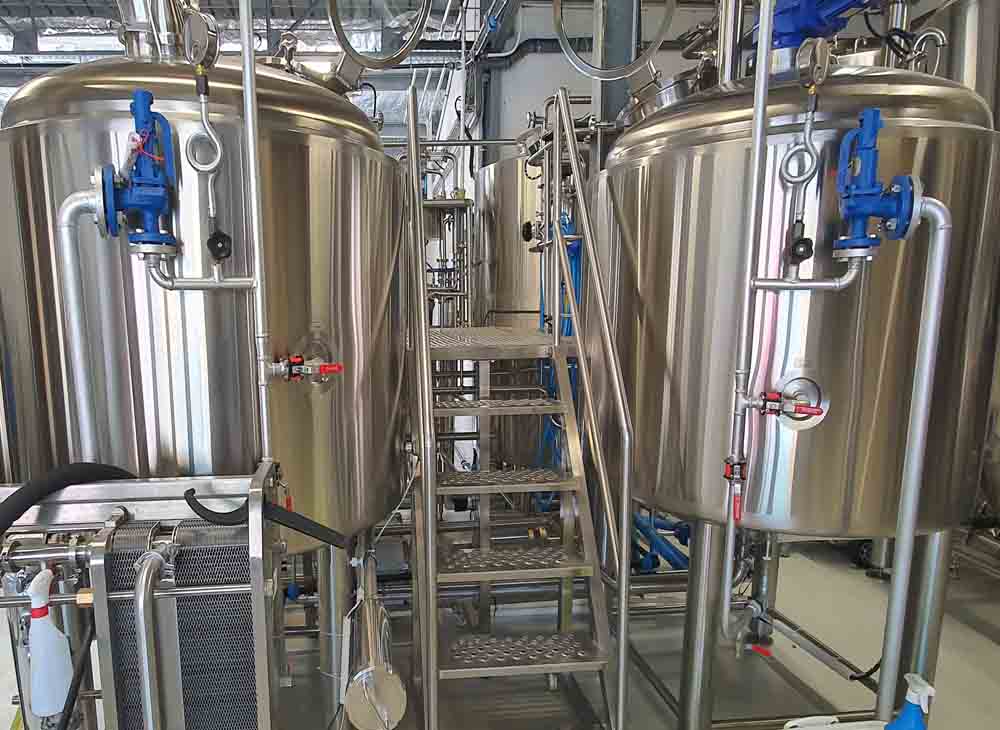Why wort is boiled?
- Aug 10, 2020
- 97
- tiantai
Why wort is boiled?
In normal brewing process via brewhouse, wort boiling is a necessary. So, why wort need boiling? Main goal is for getting a stable wort ingredients. Welcome to check detailed function description as below;
1.Enzyme inactivation
Destroy the malt enzyme activity and make it lose its effect. It is mainly to stop the action of amylase and stabilize the ratio of fermentable sugar and dextrin in wort to maintain consistency of wort components and fermentation.
2.Wort sterilization
By boiling, all kinds of fungi, especially lactic acid bacteria, are eliminated in the wort, and the spoilage during fermentation is avoided to ensure the quality of the final product.
3.Protein denaturation and flocculation
During the boiling process, some proteins that are thermally denatured and combined with tannin substances are flocculated to precipitate the proteins, in order to improve the abiotic stability of beer.
4.Evaporate moisture
Evaporate the excess water in the wort to concentrate the wort to the required concentration.
5.Extraction of hop ingredients
Add hops during the wort boiling process to dissolve the soft resins, tannins and aromatic components contained in it to give the wort a unique bitterness and aroma, while also improving the biological and abiotic stability of the beer.
.JPG)
Edited by Alisa
[email protected]
In normal brewing process via brewhouse, wort boiling is a necessary. So, why wort need boiling? Main goal is for getting a stable wort ingredients. Welcome to check detailed function description as below;
1.Enzyme inactivation
Destroy the malt enzyme activity and make it lose its effect. It is mainly to stop the action of amylase and stabilize the ratio of fermentable sugar and dextrin in wort to maintain consistency of wort components and fermentation.
2.Wort sterilization
By boiling, all kinds of fungi, especially lactic acid bacteria, are eliminated in the wort, and the spoilage during fermentation is avoided to ensure the quality of the final product.
3.Protein denaturation and flocculation
During the boiling process, some proteins that are thermally denatured and combined with tannin substances are flocculated to precipitate the proteins, in order to improve the abiotic stability of beer.
4.Evaporate moisture
Evaporate the excess water in the wort to concentrate the wort to the required concentration.
5.Extraction of hop ingredients
Add hops during the wort boiling process to dissolve the soft resins, tannins and aromatic components contained in it to give the wort a unique bitterness and aroma, while also improving the biological and abiotic stability of the beer.
Edited by Alisa
[email protected]




